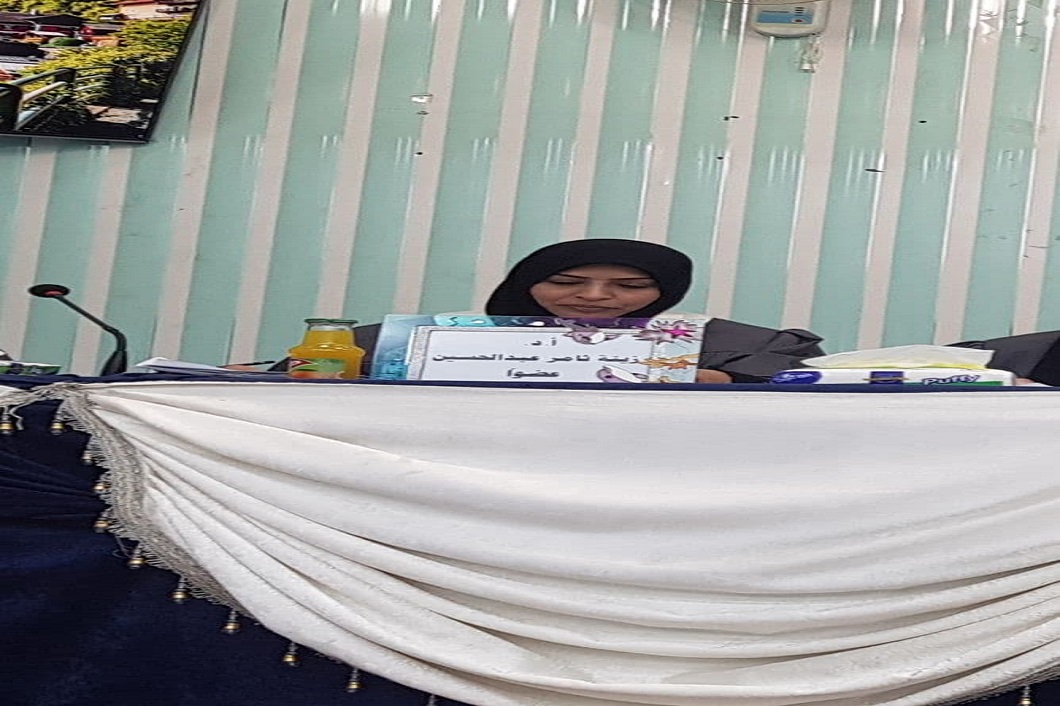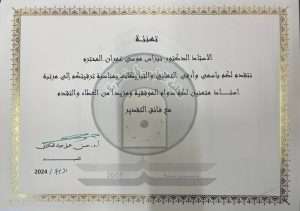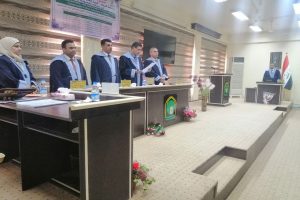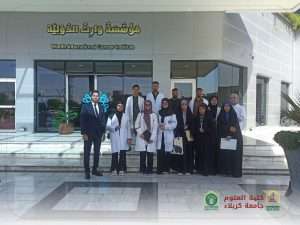The Iranian International Journal of Ichthyology has published scientific research in which Dr. Hassan Jameel Jawad and Dr. Zina Thamer Abdul-Hussein from the College of Science at Kerbala, lead, nickel and zinc in the water and in the gills and muscles of the Shank fish.
Researchers have relied on the physical and chemical parameters, the temperature of the water with air, pH, electrical conductivity and solids, to assess pollution and the impact of health risks on living organisms. Water and fish samples were collected monthly from the lakes of Kerbala city from February to May 2019.
The results have shown that the concentration of these heavy metals is less than the standards set by the World Health Organization (WHO), the Food and Agriculture Organization (FAO), and the Iraqi natural water quality specification for water and fish samples. Except for zinc, where the concentration in the gills was greater than the acceptable limit.
The researchers have concluded that the studied lakes are considered unpolluted or moderately polluted.































































